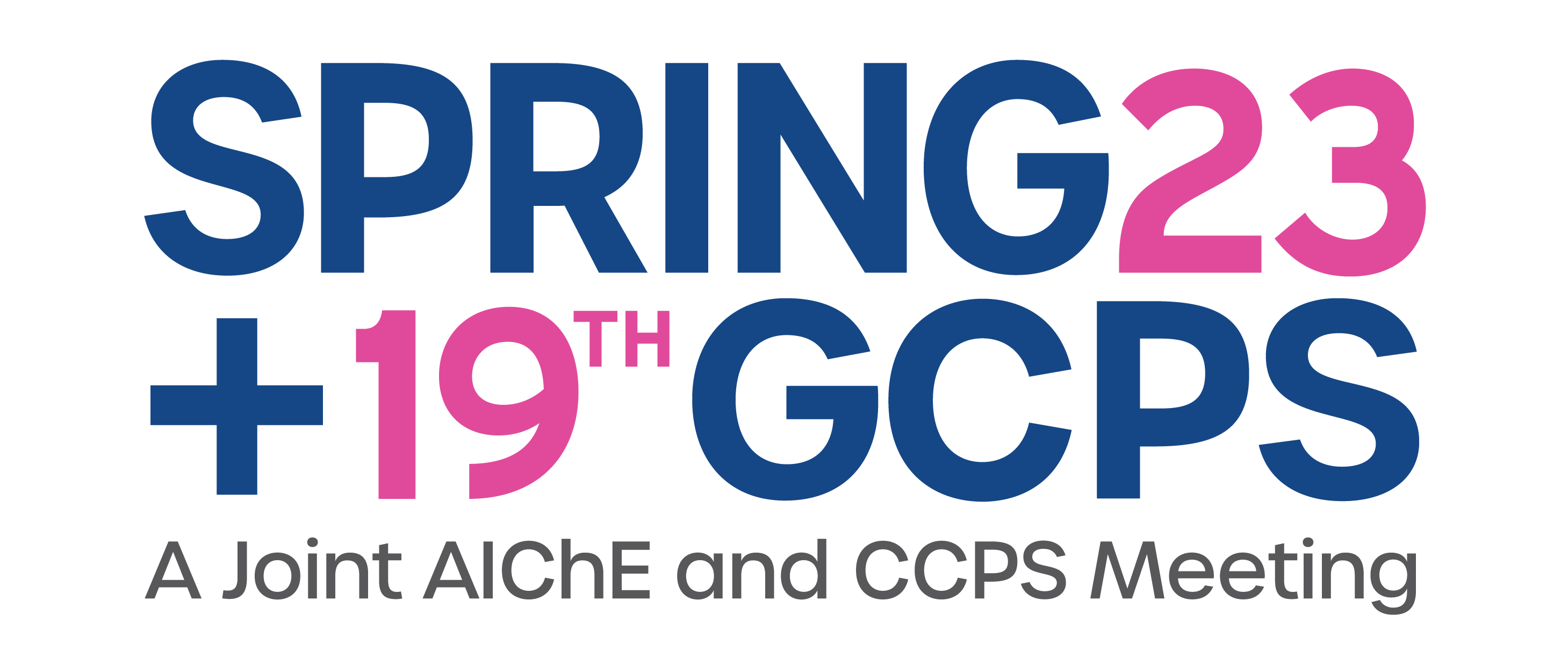

In 2021, PETROBRAS defined a goal to position five of its refineries (about 50% of the actual refining capacity) among the best refiners in the world in energy efficiency and operational performance until 2025.
To achieve that, PETROBRAS created a corporate program called RefTOP - World Class Refining, which has tracked several opportunities regarding process units and power generation in the sites assessed.
This work will focus on the methodology used to identify energy savings on some of the Crude Distillation Units (CDUs) based on pinch technology concepts and process integration, as CDUs are among the top energy consumers in a refinery.
In addition, we will present three case studies that are part of the RefTOP program.
The first case study presents how some process scheme modifications favor thermodynamics and allow decreasing the unit energy consumption in 28.5%, with a relatively minor impact on the preheating train. The second case study will explore the thermal coupling between CDU and FCCU through hot feeding. We will present the required changes in the FCCU process scheme and the benefits in terms of operational costs, such as the removal of the fired heater and additional steam generation. The last case study will discuss the usage of residual heat on CDU to generate a tempered water loop. This water loop will allow the integration of the CDU and C3 splitter unit and replace steam consumption on the C3 splitter, thus decreasing the total site steam demand by 50 t/h.
Presenter(s)
Language
Pricing
Individuals
| AIChE Member Credits | 0.5 |
| AIChE Pro Members | $19.00 |
| Fuels and Petrochemicals Division Members | Free |
| AIChE Graduate Student Members | Free |
| AIChE Undergraduate Student Members | Free |
| AIChE Explorer Members | $29.00 |
| Non-Members | $29.00 |
